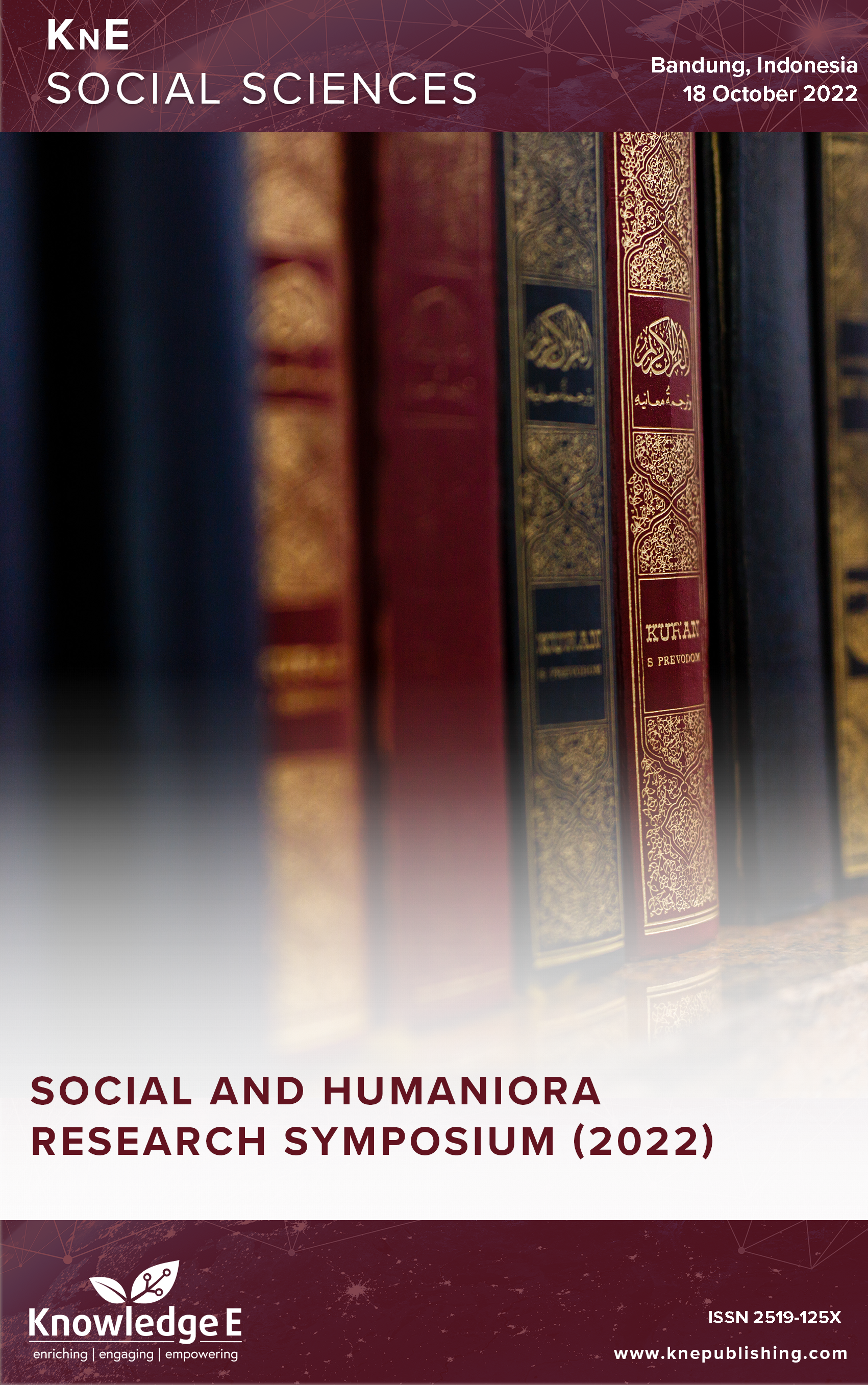Improvement of Mosque Financial Management (Case Study on Mosques in Tamansari Bandung Area)
DOI:
https://doi.org/10.18502/kss.v8i18.14364Abstract
The issue of financial management of mosque cash in Indonesia is varied. Each mosque in a certain area has a different financial management model with mosques in other areas, including in the Tamansari Village. The typological conditions that differ from one mosque to another are one of the factors that require special handling in certain mosques, in addition to the absence of simple bookkeeping in mosques in managing cash finances. Therefore, efforts are needed to improve the ability to manage mosque finances. This study aims to increase the understanding of DKM in managing mosque cash finances and skills in making simple mosque reports. The research object is 12 members of the DKM (Mosque Management Board) in the Tamansari area of Bandung. The data processing method used is a non-parametric test, namely the Wilcoxon method to test the difference between the average pretest and posttest. The results showed that the value of Asymp. Sig (2-tailed) of 0.002 < α of 0.05, thus a significant average difference was observed between the pretest and posttest. A negative rank value of 0 and a positive rank of 12 indicate that the posttest scores of all training participants are better than the pretest scores.
Keywords: mosque financial management, mosque management, financial report
References
[2] Suratman NW. Yulianti, “Pendampingan Penyusunan Aplikasi Laporan Keuangan.” J Masy Mandiri. 2019;3(2):139–147.
[3] Ilham Ali SAPH. “Laporan Akhir Program Kreativitas Mahasiswa Pengabdian Masyarakat,” 2013.
[4] Asmaranti YNDK, Eka WR, Pratami C. “Pendampingan Penyusunan Laporan Keuangan Masjid.” Pros FEB Univ Lampung. 2015;7(1):37–72.
[5] Mashudi D, Ilahi F, Ibrahim MA. “BMT management efficiency in Bandung City Mosques.” 2022. https://doi.org/10.2991/assehr.k.220407.087..
[6] Sebayang AF, Haryatiningsih R, Hayati F. “Local economic development strategy through Mosque’s Islamic leadership and managerial capacity.” 2022. https://doi.org/10.2991/assehr.k.220407.028..
[7] An Fahmi R. “Enhancing the economic role of the mosque through empowerment a case study in Yogyakarta City.” E-Mabis J Ekon Manaj dan Bisnis. 2018 Jun;19(1).https://doi.org/10.29103/e-mabis.v19i1.278
[8] Rini R. “Pengelolaan Keuangan Masjid Di Jabodetabek.” J Akunt Dan Keuang. Islam. 2019;6(2):109–126.
[9] Siregar LM. Akuntansi Keuangan Mesjid: suatu Tinjauan. Menara Ekon. 2018;IV(2):50–58.
[10] Mulyadi M. “Penelitian Kuantitatif Dan Kualitatif Serta Pemikiran Dasar Menggabungkannya.” J Stud Komun dan Media. 2013;15(1):128. https://doi.org/10.31445/jskm.2011.150106
[11] Hidayat YR, Senjiati IH. Modul Praktikum Statistika. Bandung: Mujahid Press; 2016.
[12] Yusup F. UJI VALIDITAS DAN RELIABILITAS INSTRUMEN PENELITIAN KUANTITATIF. J. Tarb. J. Ilm. Kependidikan. 2018;7(1):17–23.
[13] Fahmi A. Manajemen Keuangan Masjid di Kota Yogyakarta. 2017;3(1):69–86.
[14] Rianto H, Putri A, Puspita R, Hasibuan S. “PELATIHAN MANAJEMEN MASJID PADA ERA INDUSTRI 4. 0,” vol. 5, no. 4, pp. 2109–2116, 2021.
[15] Masjid AD, Faizah AN, Sholihati I. “Pelatihan Pengelolaan Keuangan Masjid Untuk Meningkatkan Transparansi dan. 2021;3(1):10–17.

